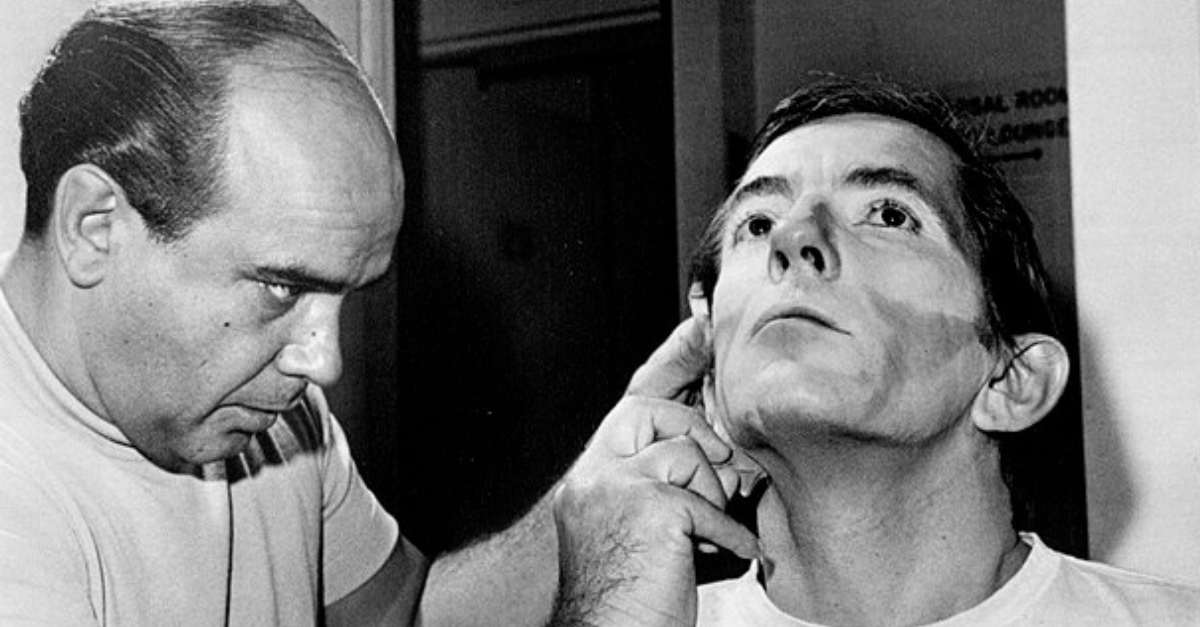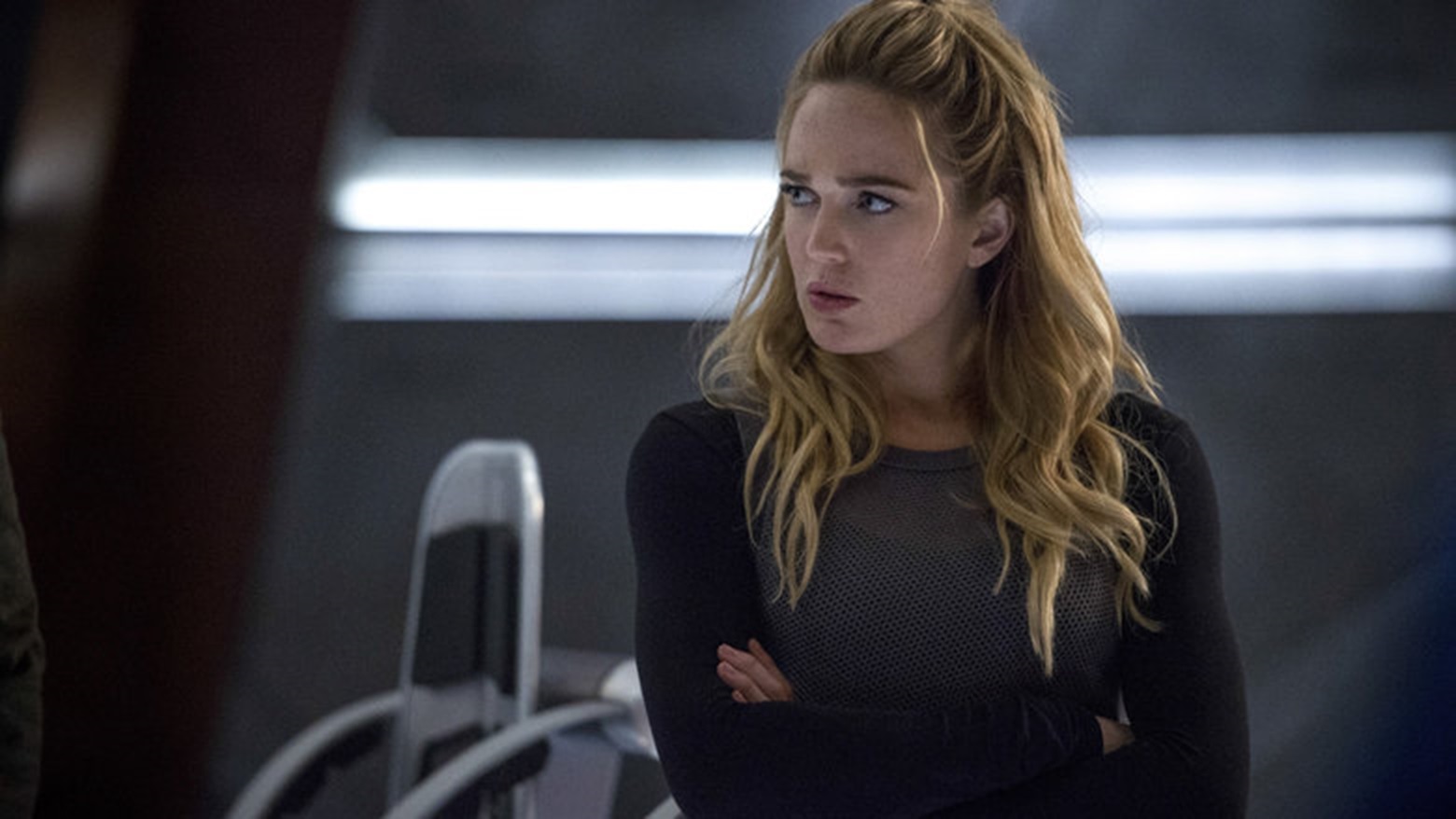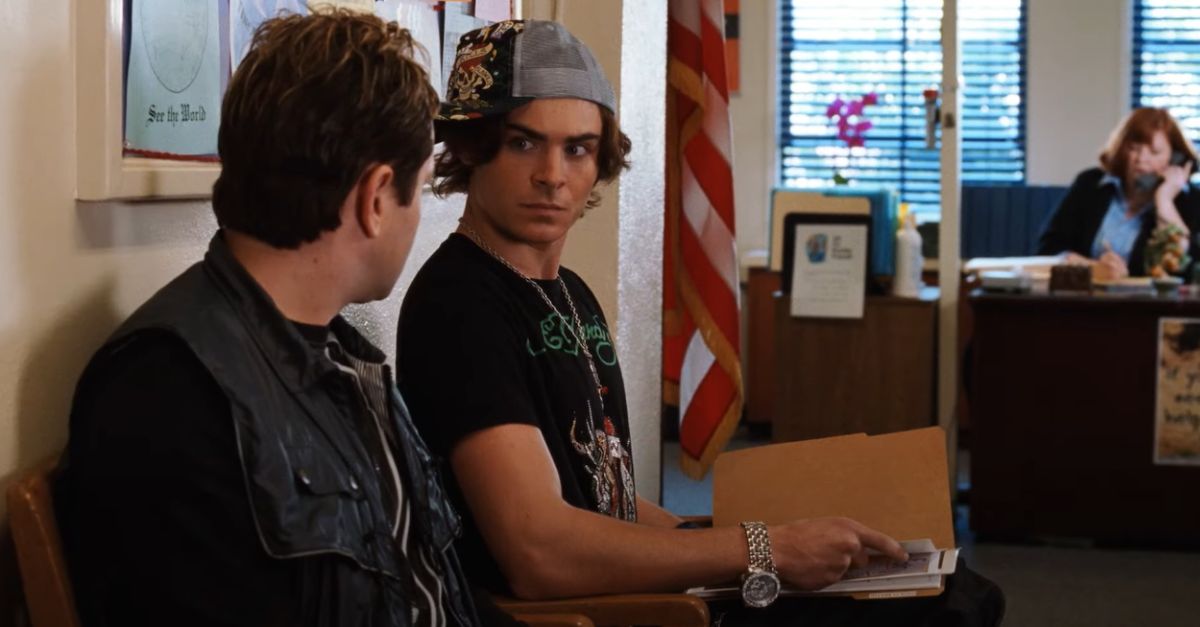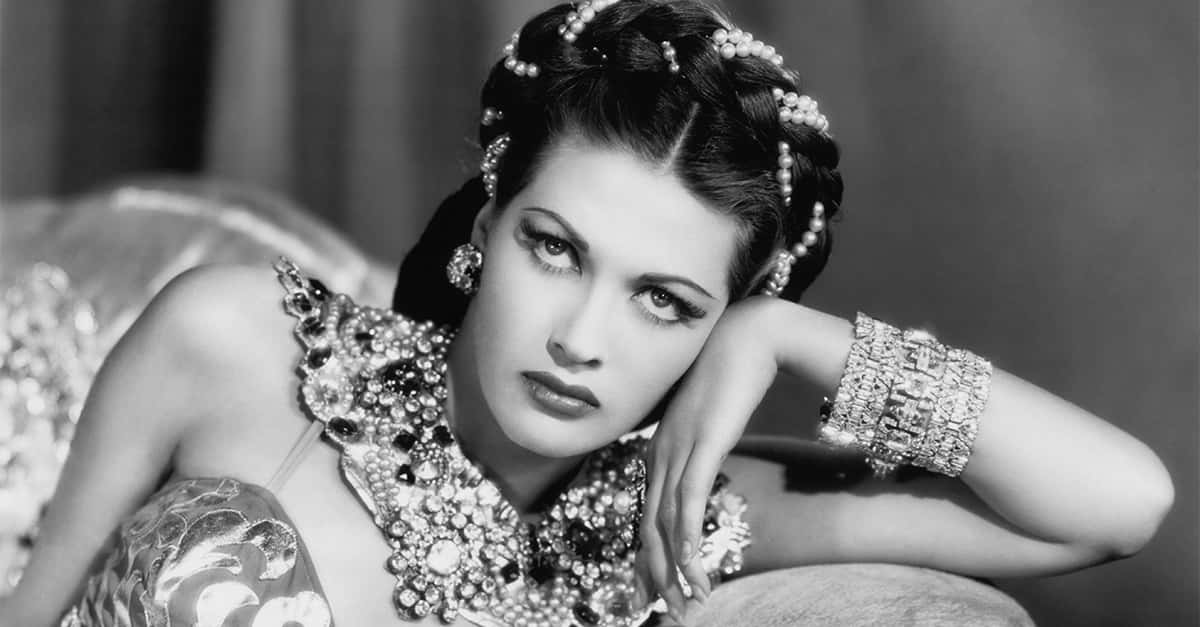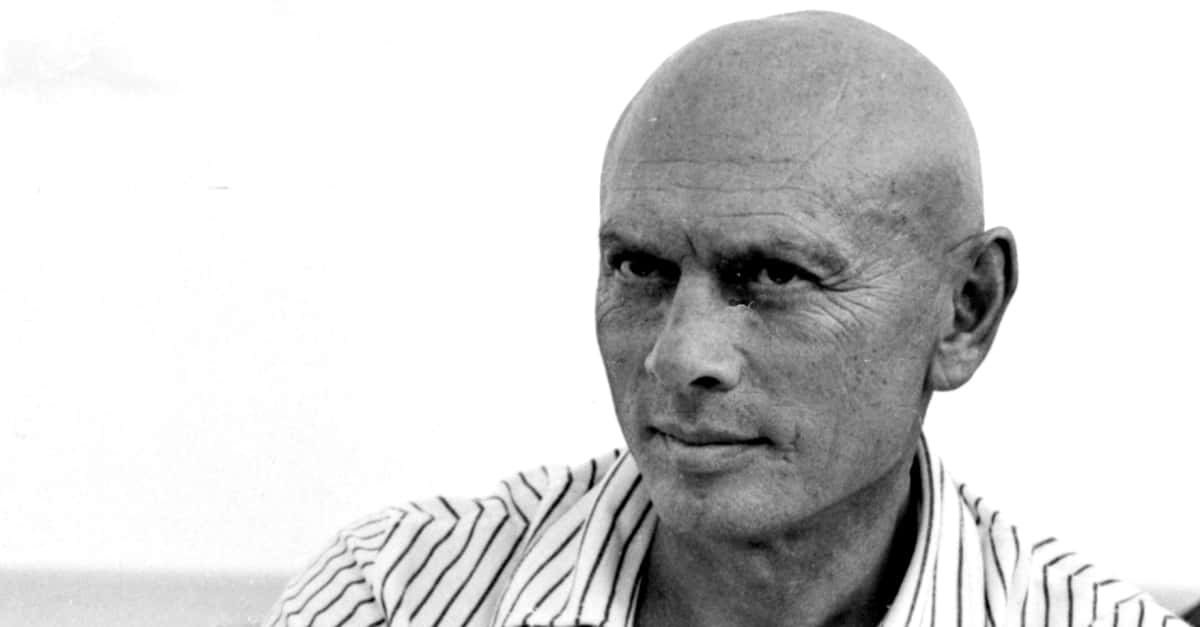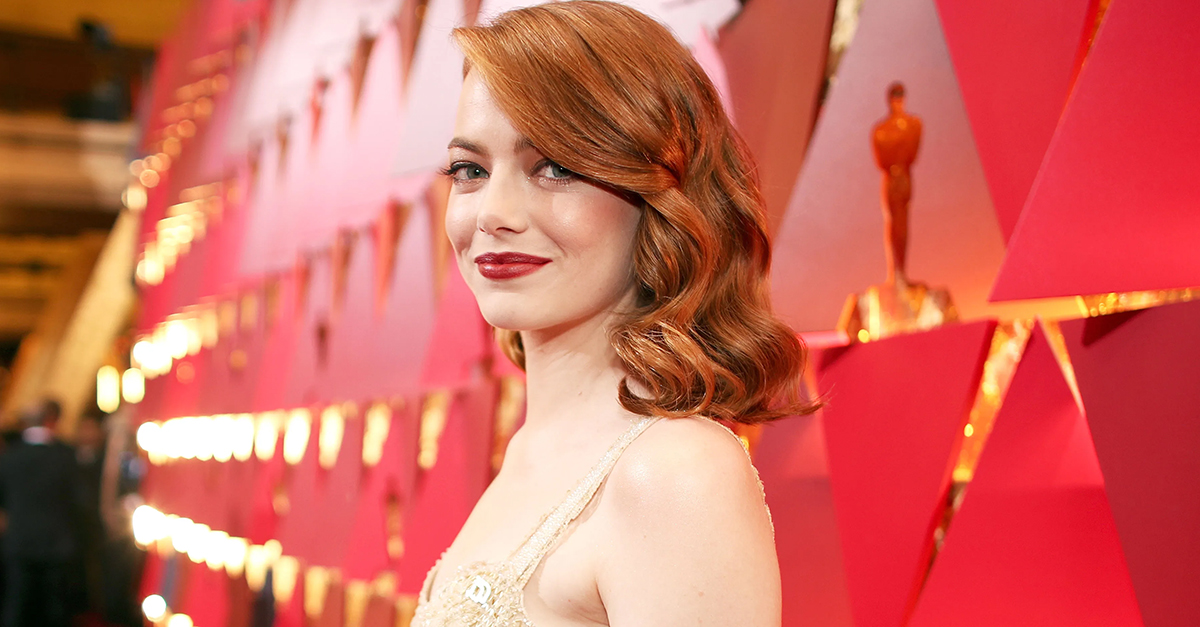If At First You Don’t Succeed
Ever binge-watched a show only to wake up in Season Two and feel like you’ve been dropped into a different universe? Whether driven by creative ambition, network nudges, or the need to salvage ratings, these tonal leaps deliver moments that are weirdly delightful, baffling, or downright genius. Buckle up as we explore shows that hit the big old genre switcheroo—and lived to tell the tale.
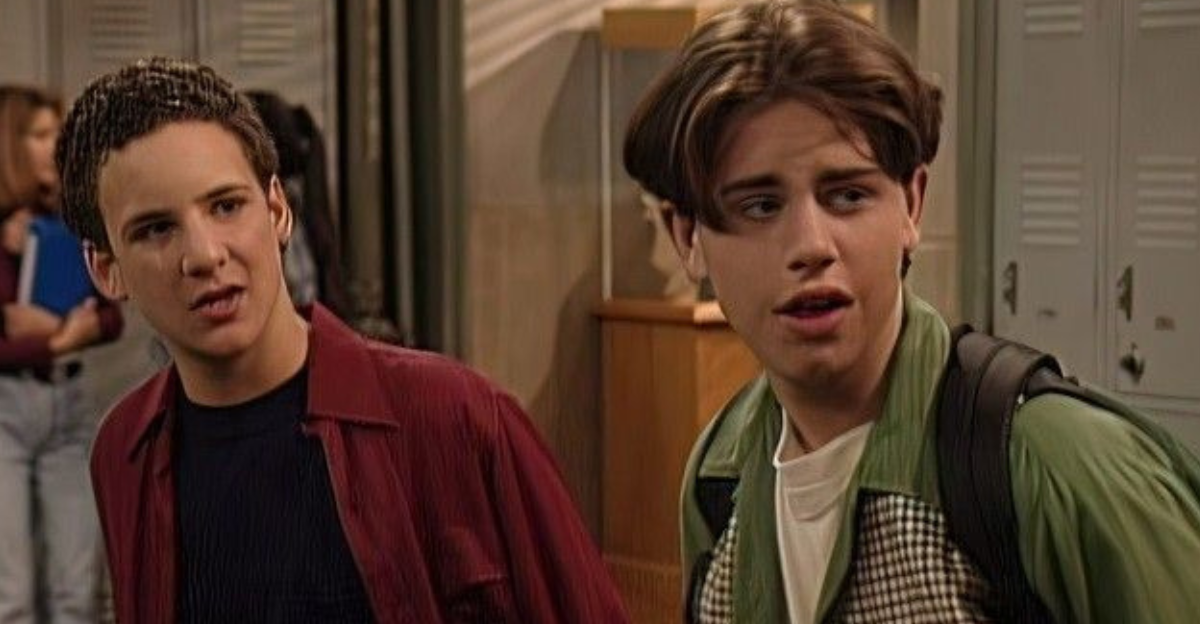
Orange Is The New Black Before
The first season of Orange Is the New Black is like a comedy with a razor-sharp sense of humor—lighthearted, quirky, and full of eccentric inmates. The tone is modern sitcom-y with a dash of heartfelt drama—definitely leaning into its comedic roots. The critical consensus backed it up: the first season was nominated for Outstanding Comedy Series at the Emmys.
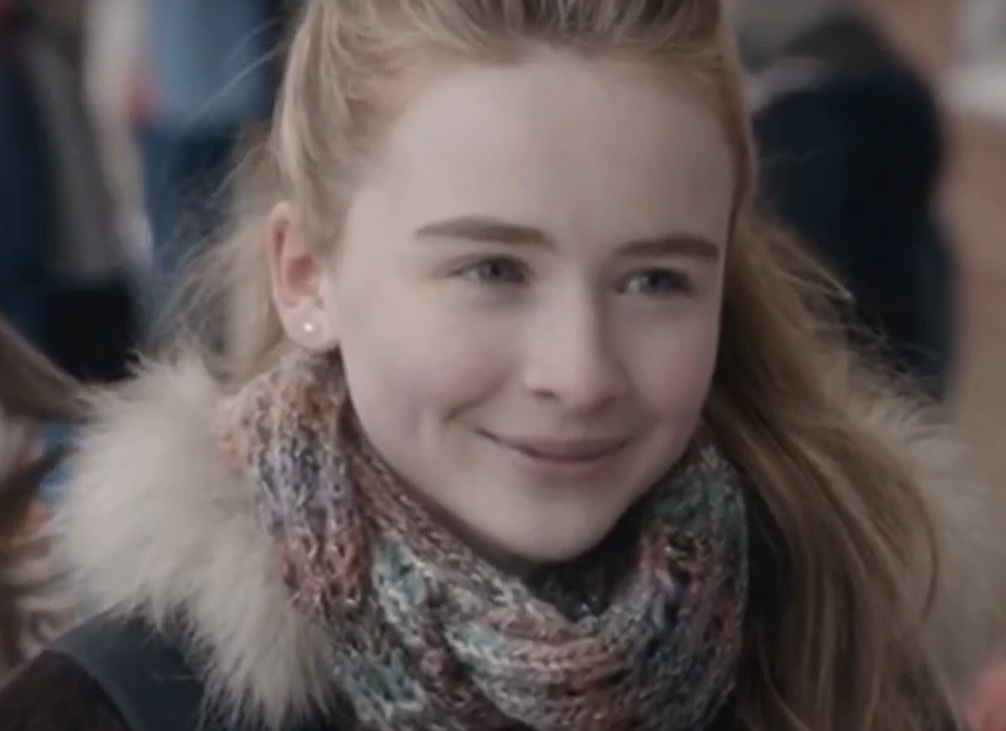 Netflix, Orange Is the New Black (2013-2019)
Netflix, Orange Is the New Black (2013-2019)
Orange Is The New Black After
By the second season, the show shed its lighter skin and embraced something weightier. The Emmy category change from comedy to drama wasn’t just procedural—it signaled a tonal pivot, and the show leaned fully into more serious, human-centered storytelling. It became the first series to get Emmy nods in both comedy and drama categories.
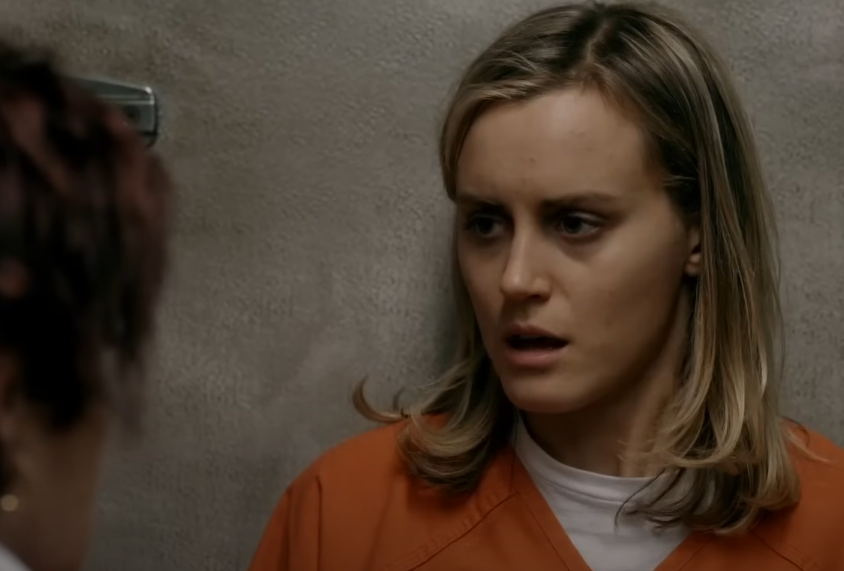 Netflix, Orange Is the New Black (2013-2019)
Netflix, Orange Is the New Black (2013-2019)
Archer Before
Picture Archer in Season One: an artfully sarcastic spy spoof, packed with clever one-liners, ridiculous spy gadgets, and ultra-absurd comedy gold. It’s witty, biting, and relentlessly pokes fun at espionage clichés—the kind of show you quote while waiting in line.
 FX Networks, Archer (2009–present)
FX Networks, Archer (2009–present)
Archer After
Then, one day, Archer wakes up and says, “Let’s try hardboiled noir”. And sure enough, it dives headlong into darker territory—sometimes animated in black-and-white, sometimes drenched in smoky dialogue—going full detective thriller with all the slick moodiness you’d expect. As the seasons went on, the show eventually became known for genre hopping (and the fans don’t hate it!).
 FX Networks, Archer (2009–present)
FX Networks, Archer (2009–present)
Dark Shadows Before
In its pilot frame, Dark Shadows was a gothic soap opera with flamboyant family intrigue, deliciously styled wardrobes, and melodramatic boardroom bickering. You’d be sipping tea watching family secrets unfold in candlelit parlors—staunchly melodrama territory, with a hint of shadows…
Dark Shadows After
…before a brooding vampire ancestor crashes the set and suddenly Dark Shadows is a supernatural horror series. One minute you’re discussing who inherits the estate, the next you’re checking for coffins at dusk. Creepy, eerie, spine-tingling—and with bonus gothic chills!
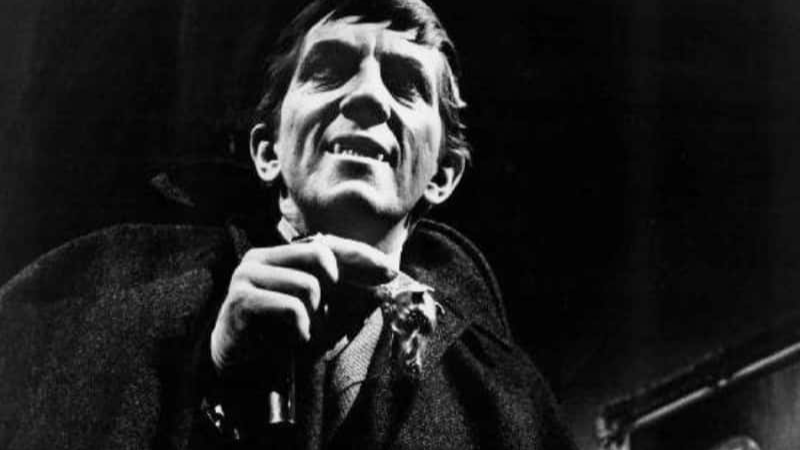 ABC Television, Wikimedia Commons
ABC Television, Wikimedia Commons
Look Around You Before
Season One of Look Around You was a dry, educational-style spoof—like an earnest 1980s science program run by deadpan presenters explaining fake gadgets with tongue-in-cheek precision. It’s weird, academic, and satirically earnest.
 BBC, Look Around You (2002–2005)
BBC, Look Around You (2002–2005)
Look Around You After
Then the show decided to leap into full-blown sci-fi parody—mind-bending experiments, bizarre creatures in labs, and dialogues that echo The Twilight Zone…but with a microscope and a lab coat. Education meets absurdity meets miniature models gone wild.
 BBC, Look Around You (2002–2005)
BBC, Look Around You (2002–2005)
Boy Meets World Before
When Boy Meets World began, it was your classic kids’ sitcom—harmless, playful, and light. It was all awkward middle-school romance, goofy teachers, and moral lessons packaged in high fives and cheesy punchlines.
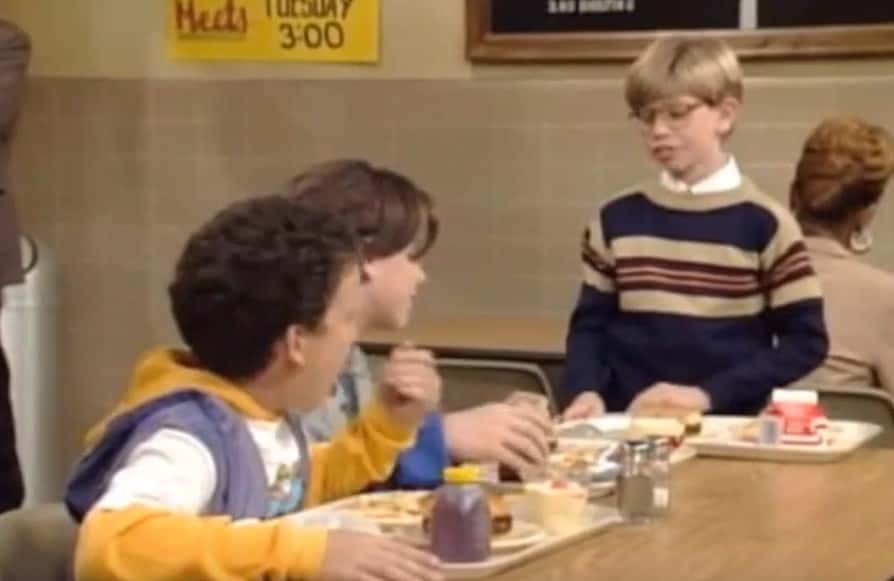 Touchstone Television, Boy Meets World (1993-2000)
Touchstone Television, Boy Meets World (1993-2000)
Boy Meets World After
As fans on Reddit put it, it "started off as a kids/family comedy and became a complete drama". By later seasons, storylines grew up along with the viewers: marriage, parental loss, even death—serious, emotional, and far more dramatic territory than anyone expected when Shawn and Cory were trading jokes in the cafeteria.
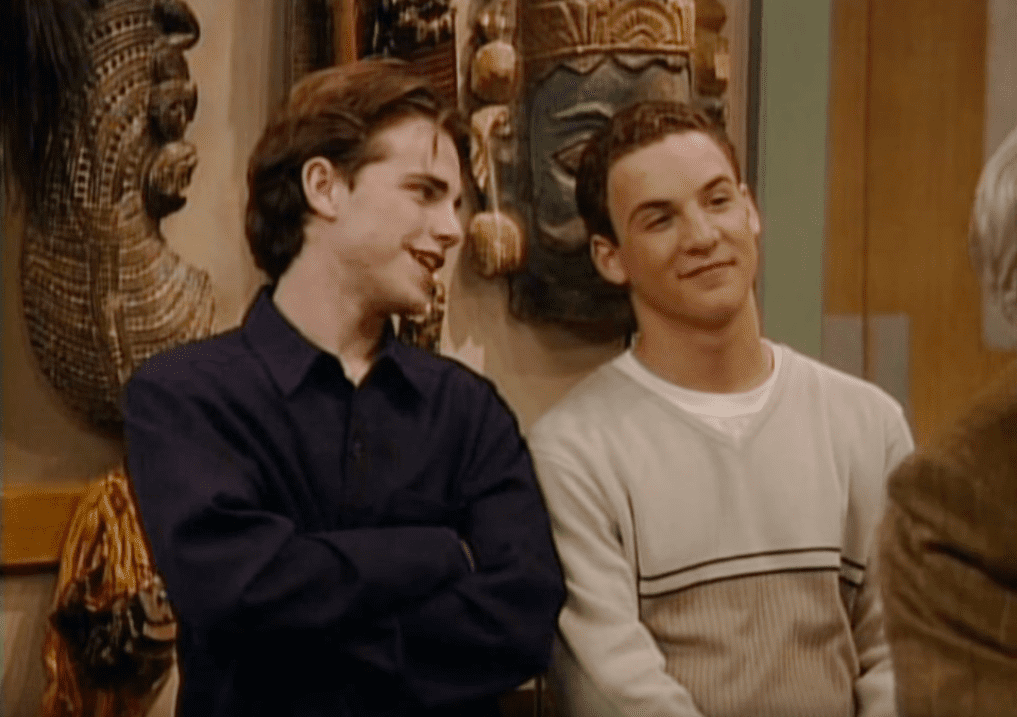 Touchstone Television, Boy Meets World (1993-2000),
Touchstone Television, Boy Meets World (1993-2000),
Melrose Place Before
When Melrose Place debuted, it leaned toward grounded drama about young professionals chasing dreams in Los Angeles. Storylines centered on career struggles, complicated friendships, and relatable relationship bumps—more earnest than outrageous. It was polished, good-looking television, but still tethered to a sense of realism, even if everyone happened to be impossibly attractive.
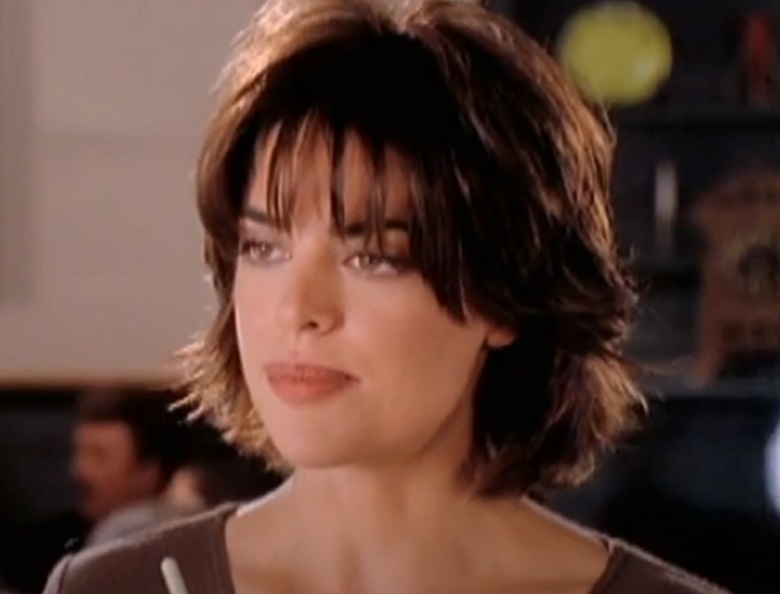 FOX, Melrose Place (1992-1999)
FOX, Melrose Place (1992-1999)
Melrose Place After
Then the switch flipped, and Melrose Place embraced its destiny as a full-blown, unapologetic soap opera. Affairs turned into betrayals, betrayals turned into catfights, and plots spiraled into jaw-dropping absurdity—think explosions, evil twins, and miraculous resurrections. Subtlety was tossed out the window in favor of campy melodrama, and the show became appointment TV for fans who craved scandal on steroids.
 FOX, Melrose Place (1992-1999)
FOX, Melrose Place (1992-1999)
Millennium Before
When Millennium premiered, it was a dark, moody procedural. Each week, profiler Frank Black hunted a new offender, with the occasional eerie suggestion that something more sinister—possibly even spiritual—was at play behind the madness. The tone was gritty, grounded, and unflinchingly bleak.
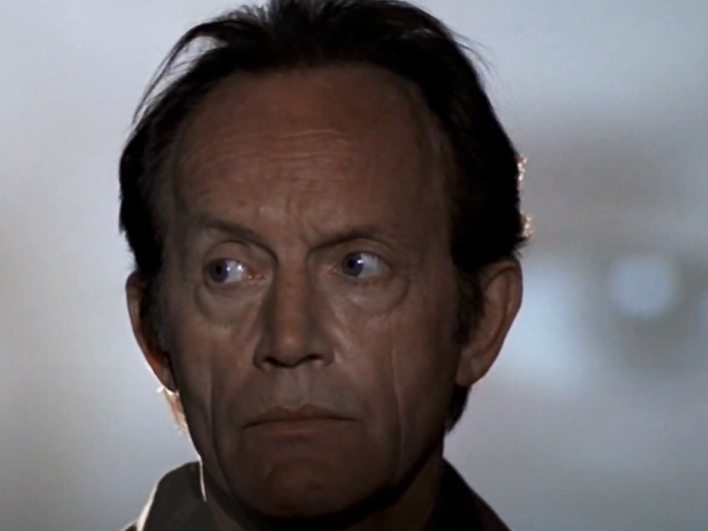 Twentieth Century, Millennium (1996–1999)
Twentieth Century, Millennium (1996–1999)
Millennium After
By Season Two, the show had veered into full-on supernatural conspiracy territory. Angels, demons, and apocalyptic prophecies weren’t just hinted at—they were front and center, creating a sweeping mythology that replaced the show’s grounded roots. The constant reinvention kept things unpredictable, but also left viewers struggling to keep up, and the show wrapped after just three strange, genre-bending seasons.
 Twentieth Century, Millennium (1996–1999)
Twentieth Century, Millennium (1996–1999)
Legends Of Tomorrow Before
Season One of Legends of Tomorrow played things fairly straight—at least by DC superhero standards. It was a time-traveling, sci-fi action series with a dramatic edge, focused on saving the timeline from formidable villains and navigating the moral weight of altering history. The tone leaned serious, more about the stakes than the laughs, even with a large and colorful cast.
 The CW, Legends of Tomorrow (2016–2022)
The CW, Legends of Tomorrow (2016–2022)
Legends Of Tomorrow After
From Season Two onward, the show hit the eject button on grim drama and embraced full-blown comedy. Still sci-fi at heart, it gleefully mixed in wacky fantasy elements, leaning into absurdity and self-aware humor. The tonal shift stuck—the show ran for seven seasons, proving fans were more than happy to follow their heroes through history’s most ridiculous detours.
Baywatch Nights Before
Season One of Baywatch Nights was a straightforward crime procedural spin-off, centered on Sgt. Garner Ellerbee—a familiar face from Baywatch. It was a grounded, street-level detective series, more about busting criminals than battling creatures.
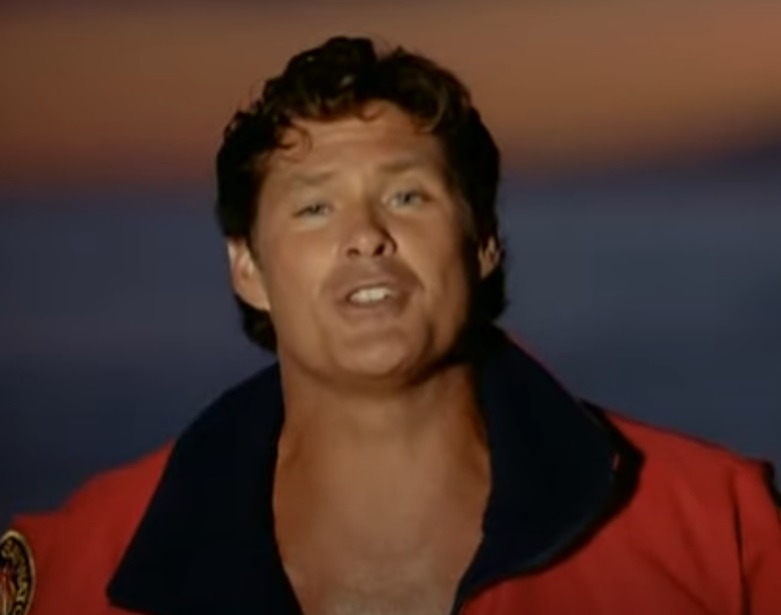 The Baywatch Company, Baywatch Nights (1995-1997)
The Baywatch Company, Baywatch Nights (1995-1997)
Baywatch Nights After
When The X-Files took TV by storm, Baywatch Nights decided to ride the paranormal wave—hard. For Season Two, Sgt. Garner Ellerbee was swapped out for Diamont Teague, a paranormal expert, and the show transformed into a supernatural monster-of-the-week spectacle. Ghosts, aliens, and bizarre beasts became the new norm. The gamble didn’t land with fans, and the series wrapped after just two seasons, forever remembered as one of TV’s strangest genre pivots.
 The Baywatch Company, Baywatch Nights (1995-1997)
The Baywatch Company, Baywatch Nights (1995-1997)
Family Matters Before
Originally a Perfect Strangers spin-off, Family Matters focused on Harriet and Carl Winslow and their close-knit family in Chicago. The tone was warm and relatable, centering on everyday challenges, life lessons, and gentle humor. It was the kind of sitcom built on heartfelt moments rather than gimmicks—at least at first.
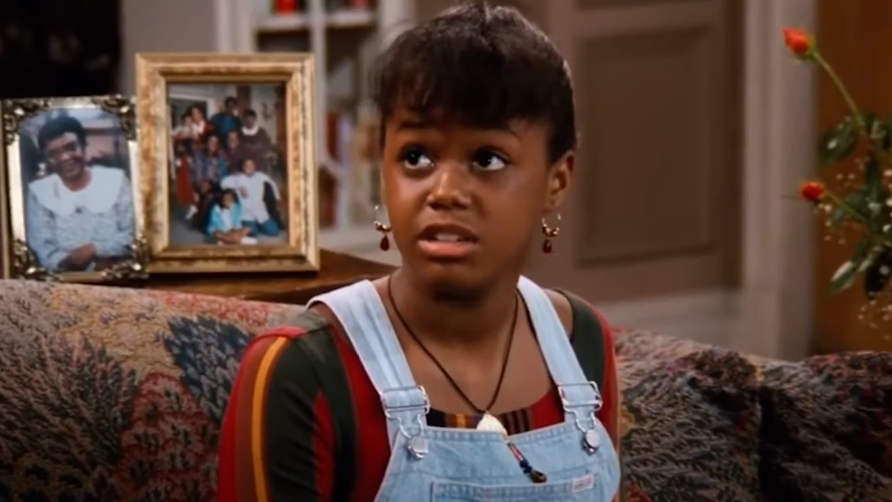 Warner Bros. Television, Family Matters (TV Series 1989-1998)
Warner Bros. Television, Family Matters (TV Series 1989-1998)
Family Matters After
The arrival of Steve Urkel turned the series around, making it into a sci-fi comedy filled with wacky inventions—like the machine that transformed him into his suave alter-ego—and his relentless pursuit of Laura. The Urkel focus kept it going for nine seasons, even inspiring a 2022 animated musical Christmas special.
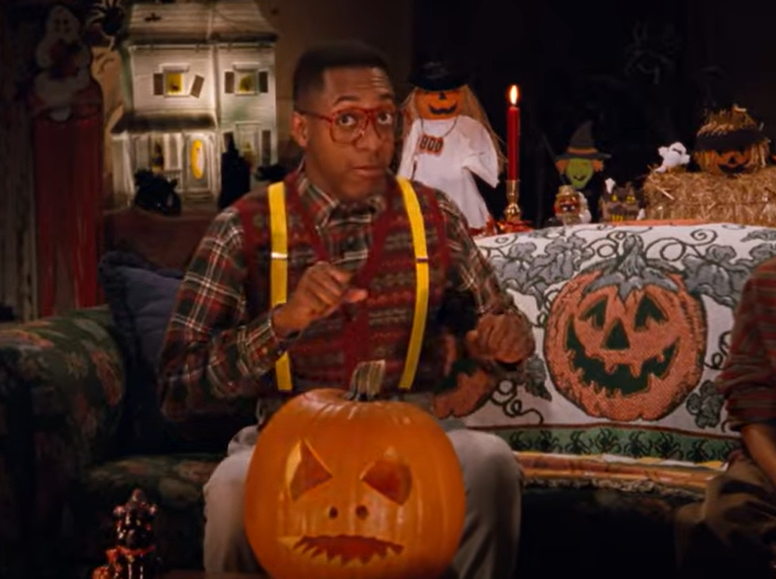 Miller/Boyett Productions, Family Matters (1989–1998)
Miller/Boyett Productions, Family Matters (1989–1998)
You May Also Like:
Obscure Sci-Fi Shows That Are Actually Brilliant
The Most Controversial TV Episodes Ever Aired
90s Teen Shows That Defined A Generation
Source:

